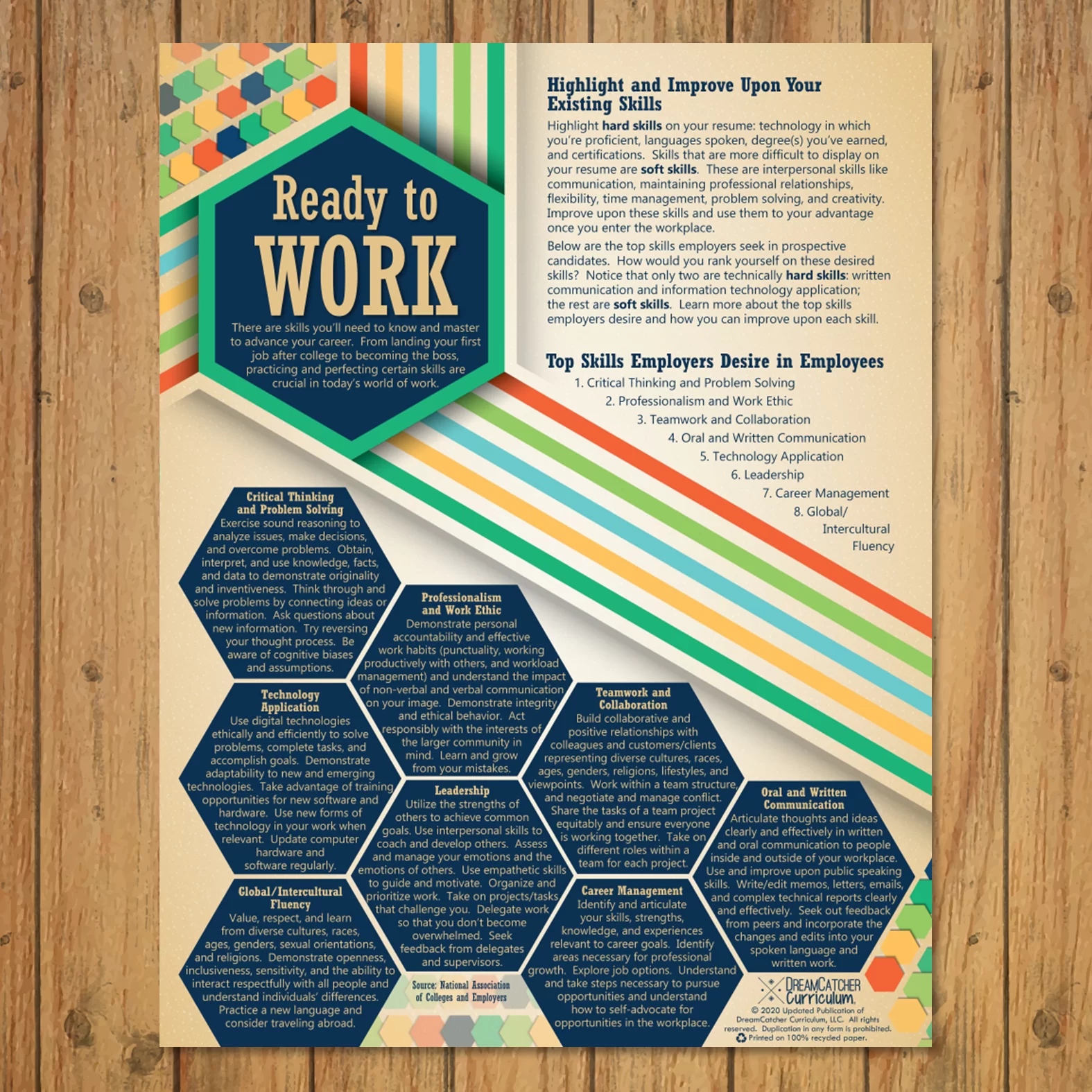How can I improve my conflict resolution skills in a team-oriented creative project?


Conflict resolution is an essential skill in any team-oriented creative project. When working collaboratively, conflicts are bound to arise due to differences in opinions, ideas, and approaches. However, conflicts can also be opportunities for growth and innovation if handled effectively. In this article, we will explore various strategies and techniques to improve conflict resolution skills in a team-oriented creative project.
Understanding Conflict Resolution
Before delving into specific techniques, it is crucial to understand the concept of conflict resolution. Conflict resolution refers to the process of addressing and resolving disagreements or conflicts in a constructive and positive manner. It involves finding a mutually acceptable solution that satisfies the needs and interests of all team members involved.
Effective Communication
One of the key elements in conflict resolution is effective communication. Clear and open communication is essential for understanding different perspectives, expressing concerns, and finding common ground. Here are some tips to improve communication within a team-oriented creative project:
- Active Listening: Actively listen to others without interrupting or judging. This demonstrates respect and helps in understanding different viewpoints.
- Clarity and Conciseness: Clearly express your thoughts and ideas, ensuring that your message is understood by others. Avoid ambiguity and use concise language.
- Non-Verbal Communication: Pay attention to non-verbal cues such as body language and facial expressions. They can provide valuable insights into the emotions and intentions of others.
- Empathy: Put yourself in the shoes of others and try to understand their perspective. This helps in fostering empathy and building rapport.
Collaborative Problem-Solving
In a team-oriented creative project, conflicts often arise due to differing opinions on how to approach a problem or task. Collaborative problem-solving techniques can help in resolving conflicts and finding innovative solutions. Here are some strategies to improve collaborative problem-solving:
- Brainstorming: Encourage team members to share their ideas and suggestions freely. Create a safe and non-judgmental environment where everyone feels comfortable expressing their thoughts.
- Consensus Building: Aim for consensus rather than a majority vote. Consensus ensures that all team members are on board with the decision and are willing to support it.
- Compromise: Sometimes, conflicts can be resolved through compromise. Encourage team members to find middle ground and make concessions to reach a mutually acceptable solution.
- Mediation: If conflicts escalate and become difficult to resolve, consider involving a neutral third party as a mediator. A mediator can help facilitate communication and guide the team towards a resolution.
Emotional Intelligence
Emotional intelligence plays a crucial role in conflict resolution. It involves recognizing and managing emotions, both in oneself and others. Here are some ways to improve emotional intelligence within a team-oriented creative project:
- Self-Awareness: Reflect on your own emotions, triggers, and biases. Understand how your emotions can impact your behavior and decision-making process.
- Emotional Regulation: Learn to manage and regulate your emotions effectively. Avoid reacting impulsively and take a step back to assess the situation before responding.
- Empathy: Develop empathy towards your team members. Try to understand their emotions and perspectives, even if you disagree with them.
- Conflict Management: Learn different conflict management styles and techniques. Adapt your approach based on the situation and the needs of the team.
Building Trust and Resilience
Trust and resilience are essential for effective conflict resolution within a team-oriented creative project. Building trust creates a safe and supportive environment where conflicts can be addressed openly. Here are some strategies to build trust and resilience:
- Establish Clear Expectations: Clearly define roles, responsibilities, and project objectives from the beginning. This helps in avoiding misunderstandings and conflicts later on.
- Encourage Feedback: Create a culture of open feedback and constructive criticism. Encourage team members to provide feedback to each other, fostering growth and improvement.
- Recognize and Appreciate: Acknowledge the contributions and efforts of team members. Recognize their achievements and show appreciation for their work.
- Learn from Conflicts: View conflicts as learning opportunities. After resolving a conflict, reflect on the experience and identify areas for improvement.
Conclusion
Improving conflict resolution skills in a team-oriented creative project is crucial for fostering collaboration, innovation, and growth. By focusing on effective communication, collaborative problem-solving, emotional intelligence, and building trust, teams can navigate conflicts successfully and achieve their project goals. Remember, conflicts are not necessarily negative; they can be catalysts for positive change if managed effectively. So embrace conflicts as opportunities for growth and improvement, and watch your team thrive.
Recent Posts
How do I create an engaging and informative online quiz or assessment?
Creating an engaging and informative online quiz or assessment can be a powerful tool for… Read More
What are the most effective methods for managing and reducing work-related stress in the hospitality industry?
Work-related stress is a common issue in the hospitality industry, where employees often face long… Read More
How can I improve my assertiveness and communication skills in a leadership position?
In a leadership position, assertiveness and effective communication skills are crucial for success. Being able… Read More
What are the key elements of a successful employee recognition and rewards program?
Employee recognition and rewards programs play a crucial role in motivating and engaging employees, as… Read More
How do I effectively manage and respond to customer feedback and reviews?
Customer feedback and online reviews play a crucial role in shaping a company's reputation and… Read More
What are the best strategies for effective time management as a stay-at-home parent?
Effective time management is crucial for stay-at-home parents who juggle multiple responsibilities on a daily… Read More